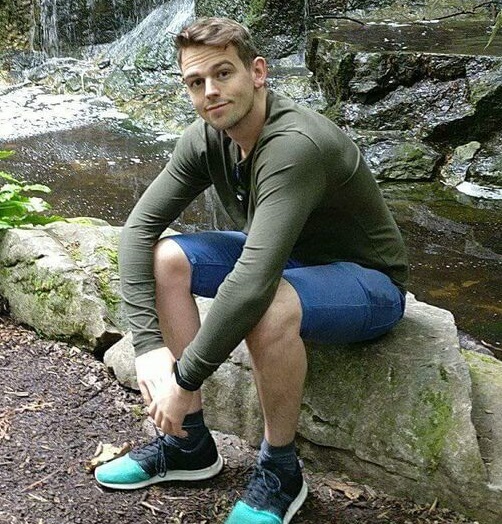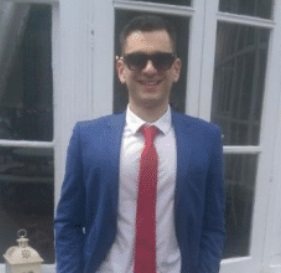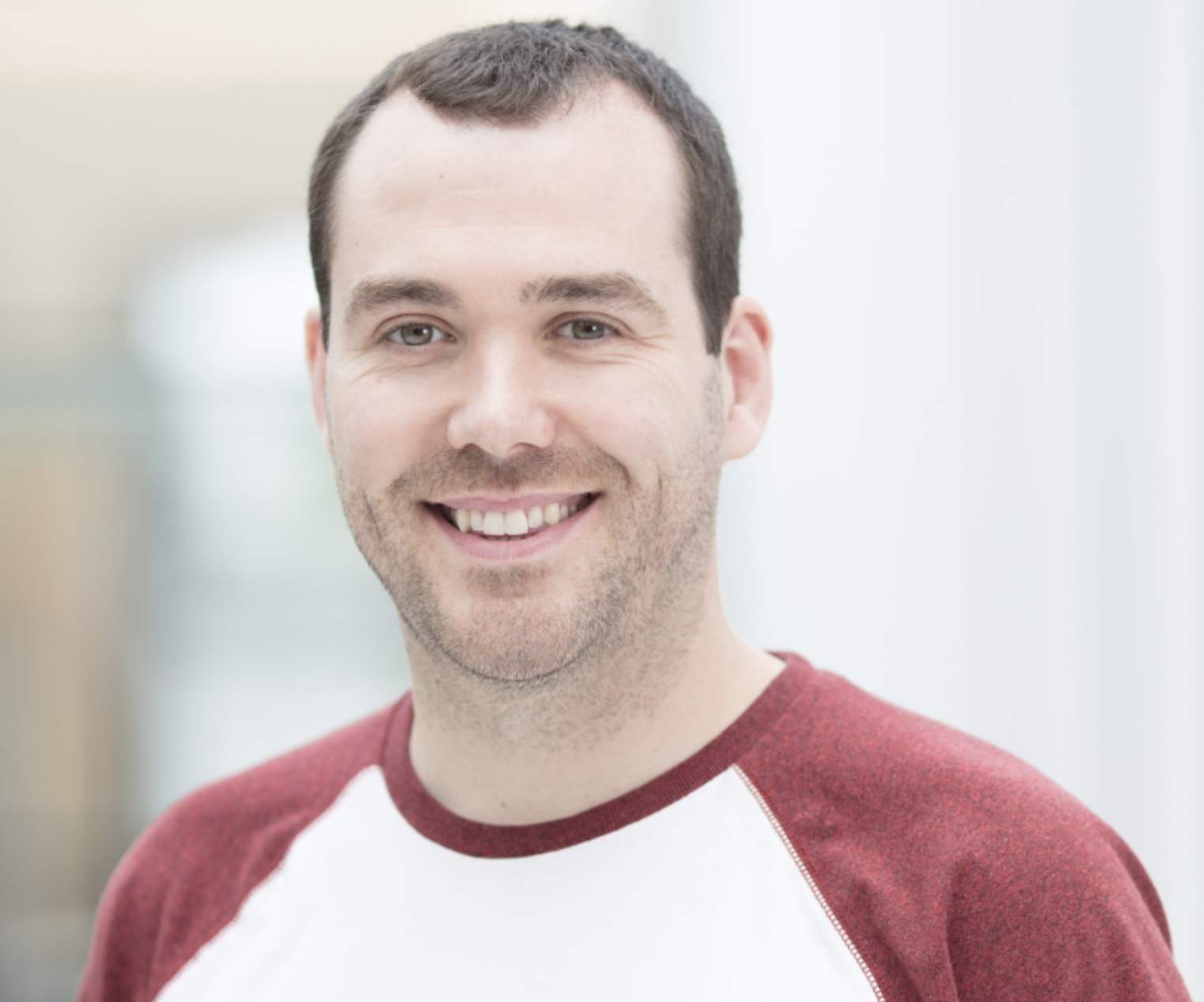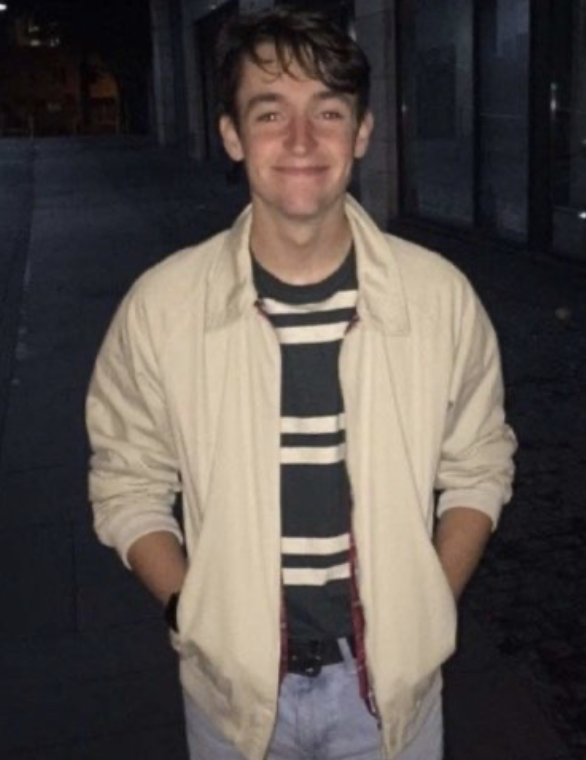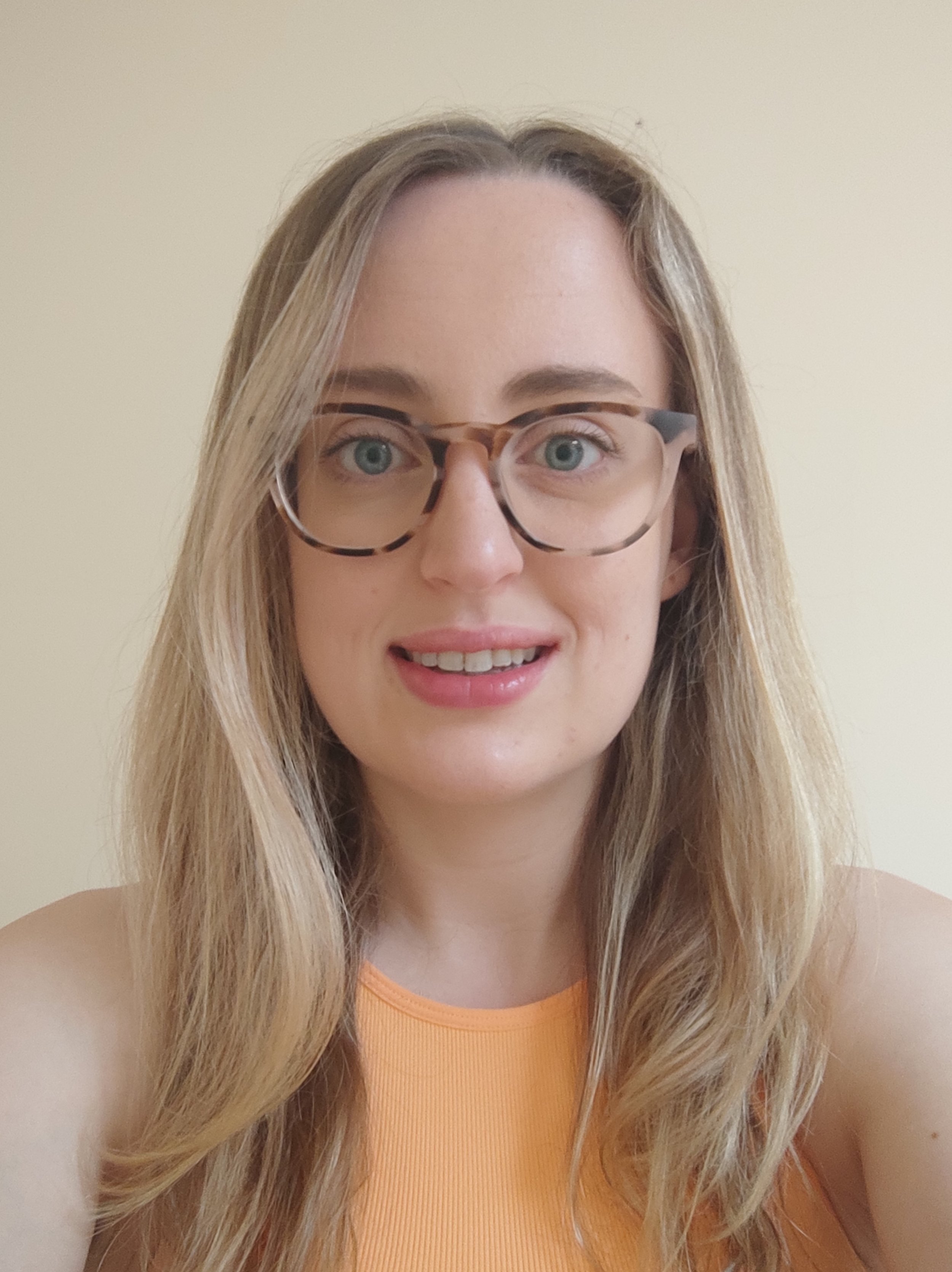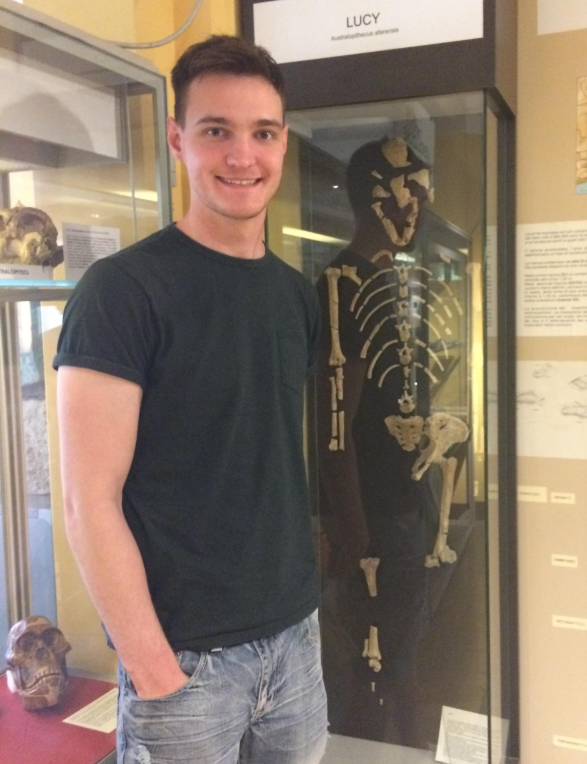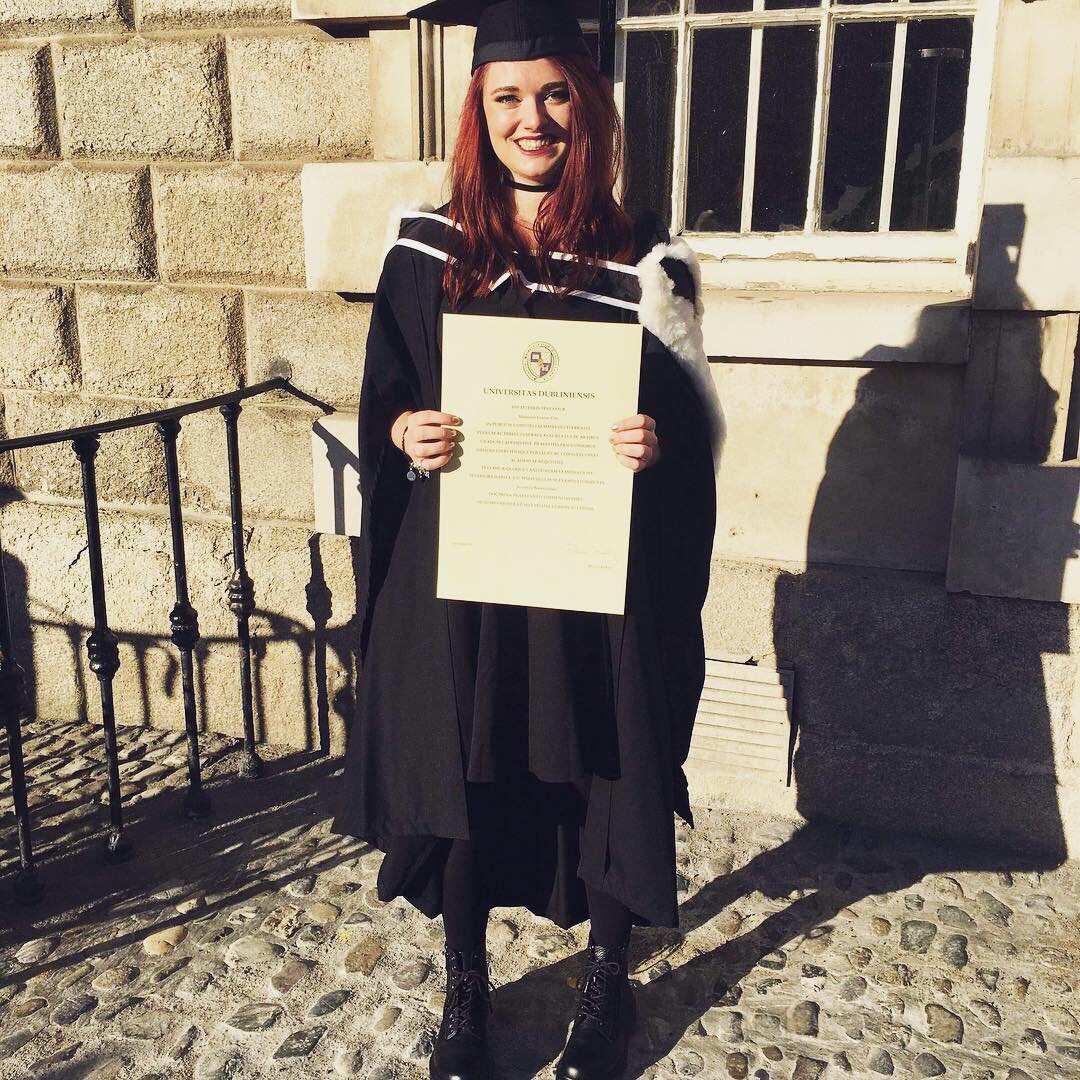MEET THE TEAM
DR. Annie curtis
Annie Curtis has had a diverse career spanning academics, the public sector and industry.
Annie conducted her PhD in the laboratory of Prof. Garret FitzGerald at University of Pennsylvania. This is where she was first introduced to the world of body clocks and uncovered mechanisms by which the clock controls cardiovascular function.
Annie spent time as a researcher in GlaxoSmithKline (GSK) in Philadelphia, a Scientific Programme Manager for Science Foundation Ireland (SFI) and a Medical Advisor for Immunotherapeutics with Bristol-Myers Squibb (BMS).
In 2011, she was given the opportunity by Prof. Luke O’Neill at Trinity College Dublin to return to academic research. In 2014, she was awarded an SFI Starting Investigator Research Grant (SIRG) to begin to establish an independent research group studying the impact of the body clock on the immune system.
She joined the School of Pharmacy and Biomolecular Science and RCSI as a Research Lecturer in August 2016.
Annie is a working Mom from Wexford of two little ladies, Lizzie and Faye. She is married to a Cork man. She is a supporter of STEM, and Women in Science and was involved in achieving the Schools Athena Swan Bronze Award in 2021. In the not too distant future she plans to read James Joyce's Ulysses, run a half marathon again, and cook something from her collection of cookbooks sitting on her kitchen shelf.
Yan He
Yan He obtained her master degree from Soochow University at 2021 in China. In her master degree, she majored in immunology and mainly research field is tumor immune microenvironment. During her master, she focused on the effects and mechanisms of Tregs on tumor blood vessels and its microenvironment and wanted to explain the effects of T cells on tumor blood vessels.
Yan joined the Curtis Clock Lab in the Royal College of Surgeons where she works on what’s the effect of the molecular clock in immune cells and its impact on the nanovaccine response and relation to cancer progression.
Paula Klavina
Paula Klavina graduated from Trinity College Dublin in 2021 with a Bachelor's degree in Biochemistry. Her final year project was supervised by Amir Khan and she investigated the potential for a change in protein-protein interactions of phosphorylated Rab proteins by determining the structure of a phosphomimetic Rab8a. Throughout her undergraduate degree, Paula was heavily involved with the Science Society at Trinity, chairing it during her final year. Because of this experience and the two summer internships she completed, Paula decided to pursue a PhD and applied to the Irish Research Council with Drs Annie Curtis and Roger Preston.
In October 2021, Paula was awarded the Government of Ireland Postgraduate scholarship allowing her to start her PhD in the Curtis and Preston labs, researching the link between molecular clocks and blood clotting.
Outside the lab, Paula enjoys trying out new recipes, spending time outdoors and rock climbing.
Christine Butler
Christine completed her B.A in Molecular Medicine in Trinity College Dublin in 2020. During which she co-founded “MarshSisters” a luxury handcrafted marshmallow business which successfully traded and achieved notable distinctions. During her degree, Christine completed a summer internship in Prof. Kate Fitzgerald’s lab in UMass Medical School and did her thesis research project in Dr. Patrick Walsh’s lab.
Following on from her undergraduate degree she worked as the Upper GI BioBank Manager for the department of Surgery on St. James’s Hospital Campus in the Trinity Translational Medicine Institute.
Christine began her PhD in the Clock Lab in October 2022. Her research is on the circadian rhythm of skin dendritic cells with a focus on microneedle vaccination.
Outside of the lab Christine loves baking and cooking, finding new coffee shops and spending time at home with her dogs.
Cloé Payet
Cloé obtained her Master's degree in Inflammation and inflammatory disease from the University of Paris in 2017. During her master, she focused on auto-immune diseases and wanted to pursue this topic. In 2021, she completed her PhD at Sorbonne University, Paris, on the study of Interferon type I in auto-immune myasthenia gravis disease under the supervision of Dr Rozen Le Panse.
After the PhD, she wanted to continue in Immunology but toward translational research. In march 2022, she joined the Curtis clock lab to study the chronobiology of skin dendritic cells to boost vaccine efficacy.
Outside of the lab, she loves trying new food, travelling and understanding the Irish culture by going to the Pub.
Emma Leacy
Emma completed her B.Sc. in Human Health & Disease at Trinity College Dublin in 2014. After working in various tech and business development roles, she began working with the clinical proteomics group in UCD in 2016, where she worked closely with Agilent Technology mass spectrometers.
In 2017 she successfully applied for an IRC Enterprise Partnership Scheme award with Agilent to investigate metabolomic alterations in autoimmune disease. This work was completed in the Trinity Translational Medicine Institute, supervised by Prof. Mark Little and Prof. Gareth Brady. In 2021 she defended her Ph.D. Thesis; “Hungry for More: Measuring Metabolomic Responses in ANCA-Activated Monocytes”
She joined the Clock lab in November 2021 where she is investigating the circadian immunometabolic changes that occur in the genetic lung disease alpha-1-antitrypsin deficiency. Outside of work she enjoys readjusting her body clock by weightlifting and playing Playstation.
Cansu Gorgun
Cansu obtained her B.Sc. in Biochemistry and completed her M.Sc. in Stem Cell Biology within the Health Sciences department at Ege University, Turkey, in 2015. In 2017, she was awarded with a Marie Skłodowska-Curie Actions (MSCA) Ph.D. fellowship, which led her to enroll in a Ph.D. program focused on Biotechnologies in Translational Medicine at the University of Genova, Italy. She successfully defended her Ph.D. in 2021, with her thesis titled "Functional Characterization of Mesenchymal Stromal Cell-Derived Extracellular Vesicles."
In February 2023, Cansu joined the Curtis Clock Lab as an MSCA Post-doctoral fellow in collaboration with Hoey Lab, TCD. Her current MSCA project addresses the clinical problem of large bone defect repair by harnessing extracellular vesicles derived from metabolically modulated macrophages to promote the regenerative response in the long-term healing cascade.
Outside of work, she is still trying to solve the mystery of the Irish weather and enjoys discovering pubs in Dublin.
Past Alumni
We are always sad when some of our crew leaves, but that is the nature of academic research. We wish all our past members every success as they continue to thrive in their careers












